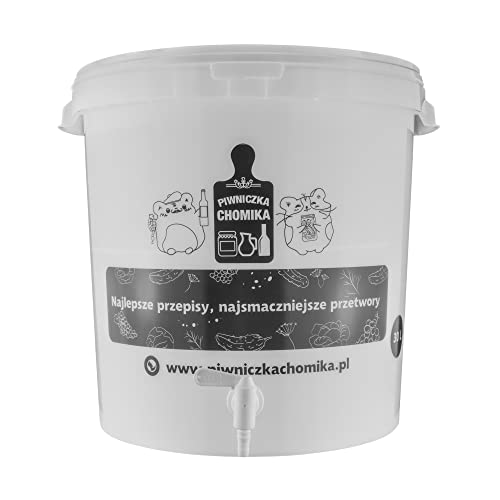I started this journey in February. Did the same as you and spent about 3 weeks reading everything i could find about the process. 3 things kept coming to the fore.
1. Sanitisation
2. Fermentation temp control
3. Oxidation control.
I managed to purchase most of the basics including FV x2, pet bottles cleaning gear, test equipment and syphon from Facebook market place.
I then purchased a larder fridge from the same social media site and also a tube heater and temp control unit.
I spent a few days researching, building and setting up the fermentation fridge in the garage. Also this time was spent acquiring the last few bits I needed and a couple of kits. I had also been drinking commercial beer and washing the bottles and also collected some from friends and has a stock of about 80 ready to go into circulation.
Brew day was easy. Followed the sanitisation process and then the kit instructions. Very easy.
Transferred the FV to the fermentation fridge and pitched the yeast.
Followed the guidance here, regarding the 2x2x2 process, basically 2weeks primary fermentation, 2 weeks warm bottle conditioning and 2 weeks cool conditioning then start drinking.
Straight off the bat the beers have all been as good as that served in a pub.
As I went on I wanted to minimise the opportunity to get oxidation issues.
The first stage to this was stopping transferring to a 2nd FV for priming sugar and bottling. I now use the bottling wand straight on the primary FV and use carbonation drop. This cuts out an unnecessary transfer and potential oxidation issue.
I’m currently on brew 10, and as yet haven’t had a bad beer.
I can also agree that muntons new flagships are great and so are the mangrove jacks kits.
I also agree that the way to go is use premium 2 can kits, or the MJ kits with the extra liquid malt pouch.
My initial cost outlay to produce good beer was £150 including setting up the fermentation fridge. From here you can add to it and improve your set up once you know where you want to go with it.
In my opinion the most important things to control to ensure you get good quality beer is.
Sanitisation
Fermentation temp control
Oxidation control
Sanitisation

























![BREWING THERMOMETER STICKERS ACCURATELY MONITOR FERMENTING BEER & WINE LIQUID TEMPERATURES 5PCS HOME BREW SPIRITS WINE LCD ADHESIVE [US]](https://m.media-amazon.com/images/I/311DDjo2X3L._SL500_.jpg)















